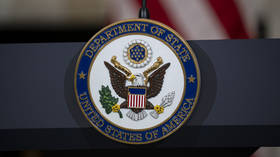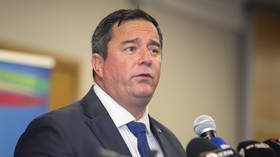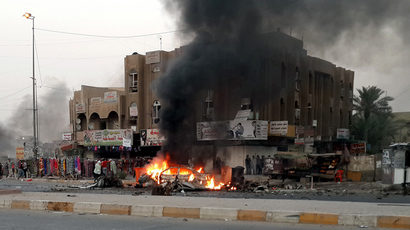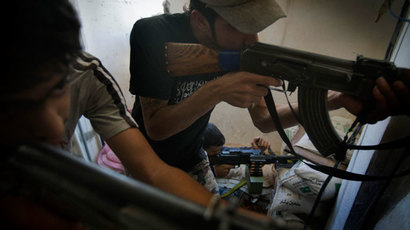More than 50 dead, 120 wounded as concurrent car-bombs go off across Iraq
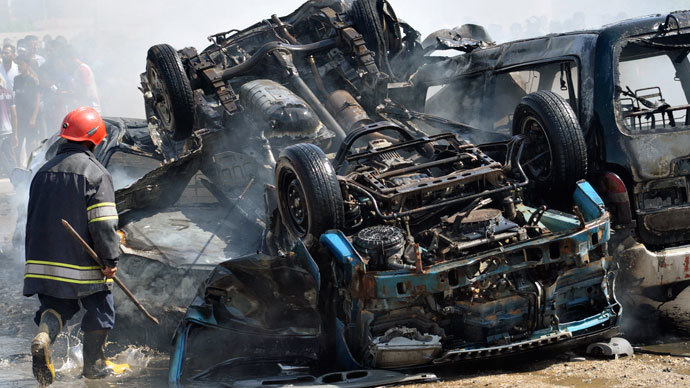
At least 58 people have been killed and 120 wounded in terrorist attacks throughout Iraq on Sunday, as the country suffers the deadliest streak of sectarian violence in five years.
Most casualties were recorded in the city of Hillah, near the capital Baghdad, where twin car bombs set off near a busy market killed fifteen people and wounded 29 more, according to an unnamed official who spoke with news agencies. In total more than half a dozen predominantly Shi’ite-majority cities in the south and center of the country experienced fatal attacks.

In Iskandariyah, 50 kilometers to the south of Baghdad, a bomb
was set off in a car park, killing four people. In next-door
Karbala, a car bomb went off on a street of workshops, killing
five more and wounding at least 25. Nine more are dead and 44
wounded as a result of five separate car bombs in and around Kut,
near the southern border of the country, local police have
reported. Three members of a government convoy were also killed
in a Baghdad suburb, after another remote car-bomb detonation.
Although no one has taken responsibility for the violence, the
use of simultaneous car bomb blasts and likely Shi’ite targets
bear the fingerprints of The Islamic State of Iraq and Levant
(ISIL), a group formed earlier this year after the Syrian and
Iraqi Al-Qaeda affiliates merged. Bolstered by the war in
neighboring Syria, the group, whose aim is to establish a Sunni
caliphate in the country, has stepped up its attacks in recent
months. The Shia-led government has in turn arrested hundreds of
people suspected to be Sunni militants in a campaign it termed
Revenge for the Martyrs, which led to reprisal attacks from ISIL.
On Saturday, a suicide bomber killed more than 20 people at a
Shi’ite funeral in the north of the country.

On Sunday, several Sunnis were also murdered in what appeared to
be less-coordinated incidents. A gunman burst into a Sunni-owned
farm in Abu Sayda, near Baghdad and mowed down three people, and
later that afternoon police found bodies of four Sunni men who
had been kidnapped in a different suburb of the capital, all with
headshot wounds.
The United Nations has said that more than 800 people died in
sectarian violence last month, and the death toll for the entire
year has exceeded 5,000.

Shi’ites comprise two-thirds of the population of the country, with Sunnis making up most of the rest. The split between the rival sects dates back almost to the beginning of Islam in the 7th century, and a large proportion of both groups regards the other as unbelievers.





